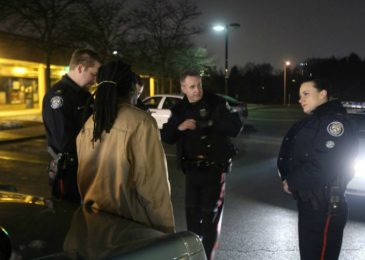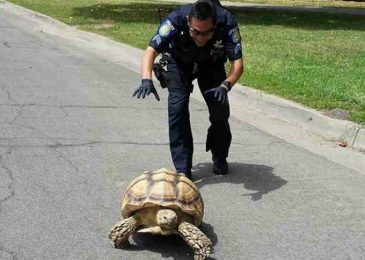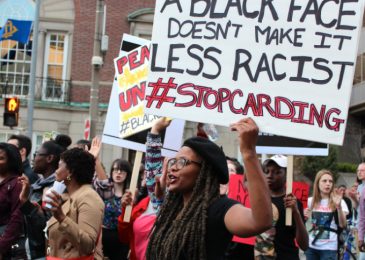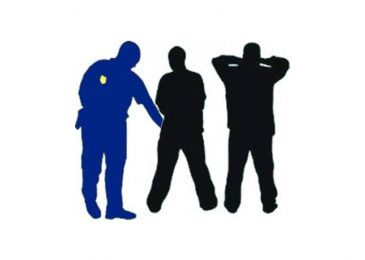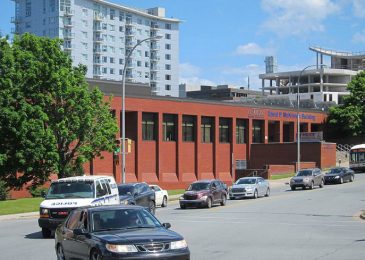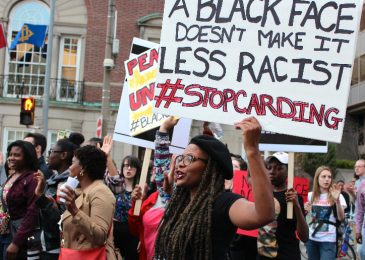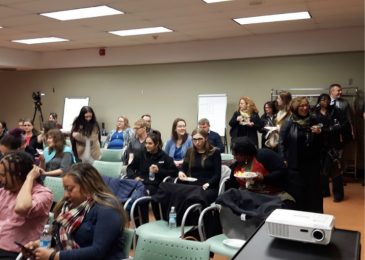Halifax police are deeply racist, African Nova Scotians say at police street check community meeting
I went to the community meeting in the Halifax North End, called by the Human Rights Commission, to talk about police street checks. The overall consensus: Halifax police behaviour is often racist, the practice of carding itself is racist, and the community is tired of having to tell white people this over and over without anything ever substantially changing for the better.

